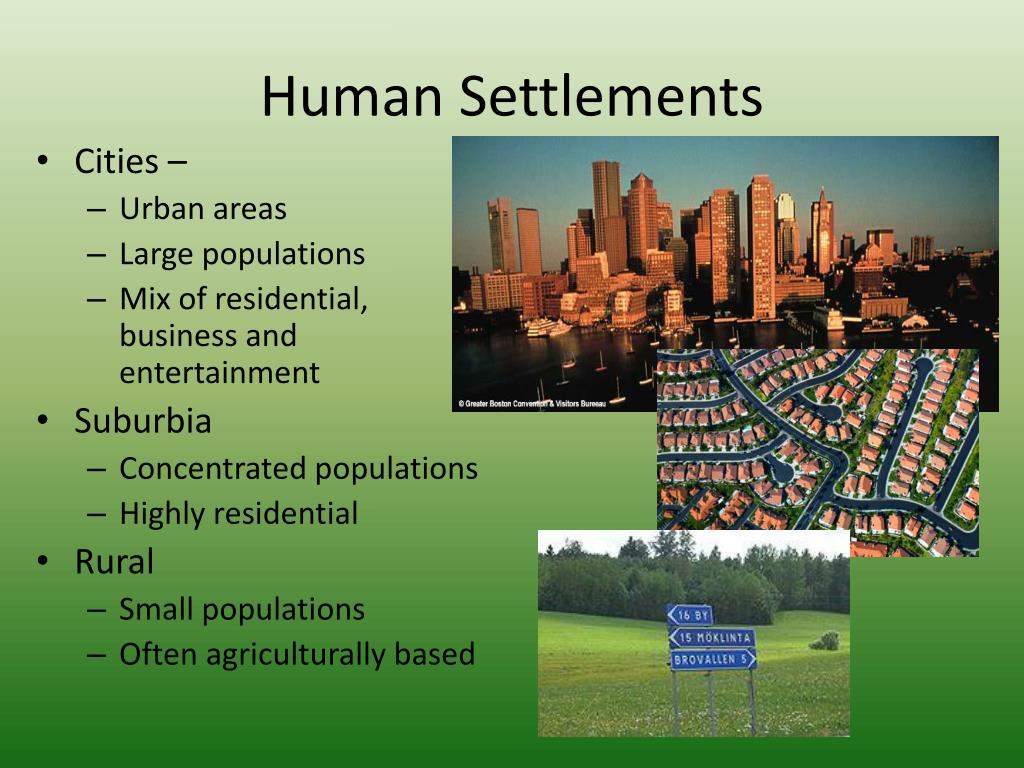Human Settlements: policy options and possible actions to expedite implementation
 The document titled “Human Settlements: Policy Options and Possible Actions” outlines strategic approaches for addressing the challenges posed by urbanization, particularly in developing countries. It emphasizes the need for comprehensive policies that facilitate sustainable human settlements while ensuring access to adequate housing, infrastructure, and services.
The document titled “Human Settlements: Policy Options and Possible Actions” outlines strategic approaches for addressing the challenges posed by urbanization, particularly in developing countries. It emphasizes the need for comprehensive policies that facilitate sustainable human settlements while ensuring access to adequate housing, infrastructure, and services.
Overview of Human Settlements
As urban populations continue to swell, many cities face significant challenges, including inadequate housing, poor infrastructure, and environmental degradation. The document stresses that effective human settlements policies must be integrated into national development plans. This integration should consider social, economic, cultural, and environmental factors to create inclusive urban environments.
Key Policy Options
1. Slum Upgrading and Prevention:
The document advocates for integrating slum upgrading into national development strategies. This includes improving living conditions in informal settlements through infrastructure enhancements and providing access to basic services. The goal is to significantly improve the lives of at least 100 million slum dwellers by 2020, as part of the Cities Without Slums initiative.
2. Access to Land and Housing:
Ensuring affordable access to land and housing is crucial. Policies should focus on tenure security for vulnerable populations and promote stable land markets. Additionally, public-private partnerships can be leveraged to finance housing projects and infrastructure development.
3. Disaster Risk Reduction:
Incorporating disaster risk mitigation measures into urban planning is essential. This involves preparing for potential disasters through early warning systems and capacity-building initiatives that enhance community resilience.
4. Stakeholder Participation:
The document highlights the importance of involving various stakeholders in the planning process, especially marginalized groups such as women and youth. Their participation can lead to more effective decision-making and implementation of human settlement policies.
5. Decentralization of Responsibilities:
Decentralizing governance structures allows local authorities to take charge of human settlement issues tailored to their specific contexts. This approach should be supported by capacity building and resource allocation.
Implementation Strategies
To achieve these policy objectives, the document outlines several strategies:
- Capacity Building: Strengthening local capacities for urban planning and management is vital. This includes training local authorities and enhancing their ability to engage with communities.
- International Cooperation: Promoting international collaboration can facilitate knowledge sharing and resource mobilization. Such partnerships are essential for addressing global challenges related to urbanization.
- Monitoring Progress: Establishing mechanisms for monitoring the implementation of human settlement goals is necessary to ensure accountability and track progress over time.
Challenges Ahead
Despite the outlined strategies, significant challenges remain in implementing effective human settlements policies. These include:
- Resource Gaps: Many developing countries face substantial financial constraints that hinder their ability to address urbanization challenges effectively.
- Political Will: Strong political commitment is required at all levels of government to prioritize human settlements in national agendas.
- Data Availability: Reliable data on urban populations and housing conditions is often lacking, making it difficult to formulate targeted interventions.
Further reading:
[PDF] The National Department of Human Settlements ukesa
Human Settlements: Decisions of the GA and CSD – the United Nations un
Conclusion
The document underscores the urgent need for comprehensive policy frameworks that address the complexities of human settlements in the context of rapid urbanization. By focusing on inclusive planning, stakeholder engagement, disaster resilience, and sustainable development practices, cities can evolve into more livable spaces that cater to all residents’ needs. The collaborative efforts between governments, communities, and international organizations will be crucial in overcoming existing challenges and achieving sustainable urban development goals.
